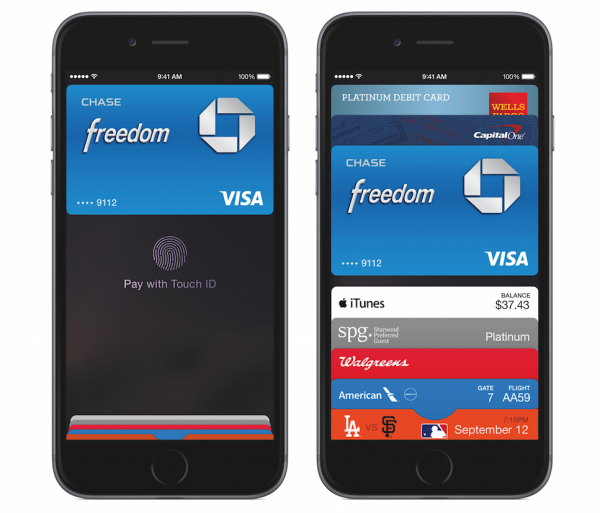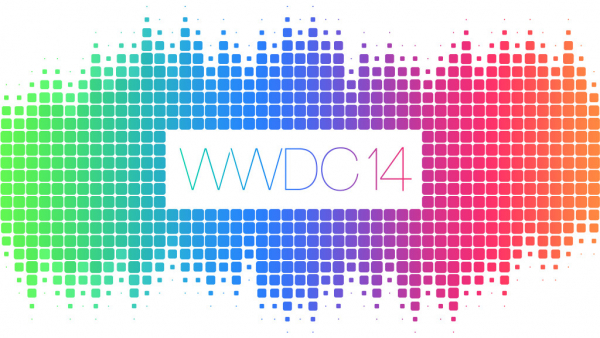Give credit where credit is due, at least in spirit. The real crime is taking an idea without also taking the time to think "Why?" Every artist borrows. Great artists understand what they are stealing.
iPad: The Microwave Oven of Computing →
Techinch, March 2011:
Looking just at the specs, a microwave didn't make sense to many. So manufacturers bundled them with cookbooks that detailed the many things you could cook in a microwave. Look, you can make this great Chinese dish in a microwave! Our microwave lets you bake a cake! Need a hot cup of this complicated spiced cider? It'll only take 15 steps in our microwave! They thought the microwave needed to be a full oven, and more.
But, wonder of all wonders, people started buying microwaves and using them regularly. In the store, a microwave didn't seem like a must-have item to many, but once you incorporated it into your daily life, it was irreplaceable. [...]
The microwave isn't easier for every cooking task, and perhaps it takes longer to prepare a complicated meal in a microwave. Perhaps no award winning meal will be created in one, unless it's a special contest for microwave cooking. But it simplified simple cooking, and consumers around the world saw it as a necessary piece of equipment within in years of it becoming popular. It didn't need to be an oven, and didn't need to be better than an oven. It just needed to be the best for some certain cooking scenarios, and that was enough to win the hearts and minds of people around the world.
Last year, Apple introduced the iPad, a computing device many have struggled to classify. It's bigger than a smartphone or iPod, smaller than a computer, but can do some things you'd otherwise do on both of these. You can type a document in Pages or find your way with GPS and Google Maps. So what makes it so special? From a specs perspective, tablets don't make sense. It cost just under $500, but if you've already invested in a computer and a smartphone, it's just another expense. Plus, netbooks only cost $300, right?
In 10 years, young adults will look at the tablet the same way we look at microwaves.

Why Apple Pay is Different →
Google did it first. Apple does it better. These are the important details that you'd never see in a tech spec sheet. These are subtle differences that separate an Android feature from an Apple solution.
Being a Great Innovator →
Being a great innovator requires linking vision to execution. Steve was an awesome visionary and he made sure the people around him could execute. Tim is a genius at execution, and in the next three years he has to show that he and his team can provide new visions that are disruptive.
iOS 8's Extensions vs. Android's Intents
Arstechnica has a great (somewhat technical) rundown of how iOS 8's implementation is much smarter and more secure than Android's.
The brilliant design details of iMessage in iOS 8 →
Apple's iMessage upgrades show how the company is embracing the ways people have evolved their use of iMessage, and shows a bold willingness to adapt the “most frequently used app on iOS” to the new daily habits of its customers.
This update shows that Apple is keenly aware of the changing habits of their customer base, and I think this is going to be the most important change in iOS since Apple added “swipe up” access to the Camera in iOS 6.
These design details are so, so good.
On top of this, there are two more great additions that I love:
- temporary location sharing, which makes coordinating nights out with friends a lot easier.
- the ability to send/receive text messages on my Mac.
For the first time ever, I'm considering giving up on Google Voice/Hangouts and committing to the new iMessage.

Thoughts on WWDC 2014
Depending on how techie you are, Apple's WWDC announcements last week left you with one of these impressions:
- “No new iPhone?! LAME.”
- “PATHETIC. Android has had all of that for years!”
- "HOLY. SHIT. MINDBLOWN."
If you're in the first group, you're most likely a consumer and not a developer. We have to remember, WWDC — short for World Wide Developer Conference — is a developer conference. For developers. Not consumers.
If you're in the second group, I got news for you: everyone copies. That's how technology moves forward. The best ideas are copied, remixed, refined, and evolve. As long as consumers win, why do we still need to argue about this?
If you're in the last group, you are either an iOS developer or an Apple enthusiast, and have a solid understanding/appreciation of how Apple does things.
As a developer and user experience designer, my job entails identifying specific user problems, researching/testing the right solutions, and delivering them to the right people at the right time. My passion lies in finding what makes new technology meaningful to real people, not just early adopting techies like me.
With that said, I'll try to break down all the developer stuff into real world examples for you.
A complex system that works is invariably found to have evolved from a simple system that worked. The inverse proposition also appears to be true: A complex system designed from scratch never works and cannot be made to work. You have to start over, beginning with a working simple system.
—John Gall
iWatch Predictions
Buzz around the fabled "iWatch" has really hit fever-pitch levels since 9to5Mac's big scoop. Here's an overview of everything that we know, what we should expect, and what I think could happen.
Paul Thurrott: "Windows 8 is a disaster. Period." →
Microsoft's biggest apologist finally admits that Windows 8 is a total disaster.
If you look back over the decades at the many high-level complaints that have been leveled at Windows, one in particular sticks out: Unlike Mac OS, in particular, Windows has always attempted to satisfy every possible customer need, and as such it often provides multiple ways to accomplish the same thing. The result is a messy product, if you will, one that lacks the singular vision that is typically associated with the Mac and Apple's other products.
There's no reason to mince words: This criticism has always been valid. And if you were to simplify the issue down to a sound bite, you might make the following claims: Windows was designed by a committee. The Mac, by contrast, often feels like it was designed by a single person.
I still believe there's hope for Microsoft and I totally agree with what Thurrott proposes:
I always accepted the messy bits of Windows in the past because the system addressed such a large audience. But given the way things are going, Windows should evolve into a system that is laser targeted to the customers who will in fact continue using it regularly. That's mostly business users, but even when you look at the consumers who will use Windows, that usage is almost entirely productivity related. Windows should focus on that. On getting work done. On an audience of doers. Job one should be productivity.
Everyone likes to compare Apple or the Mac to BMW and, you know what? Fair enough, and if that's true then Windows is obviously GM, the overly-big messy GM of a decade ago. But Microsoft can't afford for Windows to be like GM anymore—just like GM couldn't, for whatever that's worth. Maybe Windows needs to be more like GMC, the part of GM that only makes trucks (and truck-based SUVs). After all, while many people choose to use a truck for basic transportation, they're really designed and optimized for work. You know, as should be Windows.
You can't please everybody, Microsoft. So stop trying. It's time to double down on the people who actually use your products, not some mythical group of consumers who will never stop using their simpler Android and iOS devices just because you wish they would.